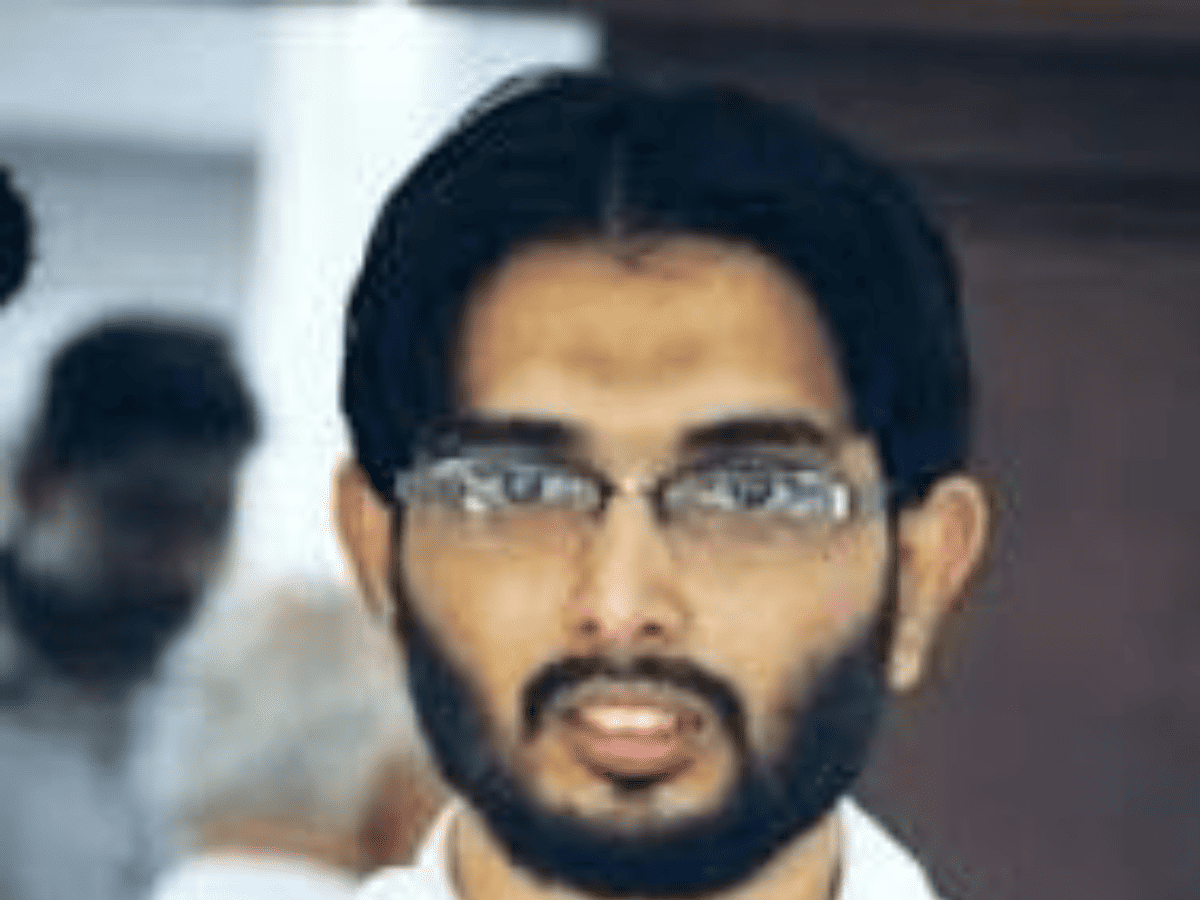
Zakariya, a resident of Kerala, was 19 when he was apprehended by Karnataka Police and slapped with the draconian UAPA in connection with the 2008 Bengaluru bomb blast case. He completed 15 years in jail on Monday, February 5, as the the seventh accused in the blast case that claimed one life.
Zakariya was accused of building bomb timers.
The prolonged incarceration of Zakariya has deeply affected his mother, Beyummah, who resides in Parappanangadi, Malappuram district of Kerala. The relentless struggle to secure her son’s release has taken a toll on her mental well-being.
Four years ago, Beyummah, a single mother in her sixties, took her battle to the Supreme Court of India, challenging the validity of the UAPA and its subsequent amendments. Through a Public Interest Litigation (PIL), she sought to have the act declared unconstitutional and in violation of fundamental rights.
Reflecting on her ordeal, Beyummah previously told Maktoob Media that she hoped that no one else endured the similar plight to what her family has experienced.
He husband passed away when Zakariya, youngest among the four siblings, was 10. Ever since she has been supported by her relatives.
Before his arrest, Zakariya had dropped out of B.Com and enrolled in a short-term electronics course to help support his family. He had started working at a mobile store in Kondotty, but then moved to another shop in Tirur so that he could commute easily.
“When he was arrested, the society labeled us terrorists. Now they have understood that he is innocent,” says Beyummah in an interview with Maktoob Media. “How is he ever going to rebuild his life,” she asks. “He has already spent three-quarters of his life behind bars.”
Beyummah claims that a few days before Zakariya was ‘abducted’, Kerala police visited their home to inquire about Zakariya. Beyummah was told that it had to do with his passport application.
However, she was certain that Zakariya had not submitted an application for a passport. “The next day, Zakariya was approached by police, who assured him that he had nothing to fear. Zakariya never missed a day of work before being taken away,” his mother says.
Without notifying the local police, Zakariya was picked up by Karnataka Police on February 5, 2009, and shifted to Bengaluru.
On the fourth day of his arrest, he managed to call his family. He was unaware of what had happened to him. Beyummah recounts, “He said he was taken by the police. He wasn’t told why.”
The police threatened the family, preventing them from discussing his detention in public. They warned us against it, says Beyummah, stating that the likelihood of his release would decrease.
Zakariya’s and his mother’s ordeal reached civic organisations through Abdul Nasar Madani, a well-known Islamic scholar and the chairman of the Peoples Democratic Party (PDP), who is a main suspect in the case.
The organisations intervened, and along with Zakariya’s friends, the formed “Free Zakariya Action Forum”, allowing public discussion on his story.
In 2016, Zakariya was given two days of parole after seven years to attend his brother Shareef’s wedding. As the tragedy unfolded, Zakariya went back the next year to attend the same brother’s funeral.
Since Zakariya’s incarceration, his cousin Shuhaib has pushed for his release and been insisting that Zakariya is innocent. “Public interest in the case was made possible by Shuaib’s initiative,” stated Advocate Hashir K, the director of a film about Zakariya.
Shuhaib identified the inconsistencies in the chargesheet that suggested Zakariya was innocent.
“Police are aware he would be found not guilty. However, they retain him to guarantee that the investigation’s validity is never called into doubt,” he says.
Reportedly, police told Zakariya: “If you confess, you will be released.” The police falsely persuaded Zakariya, according to his mother.
Zakariya declined the police’s offer and said, “I haven’t done any of such things. I will only tell the truth. I won’t lie.”
